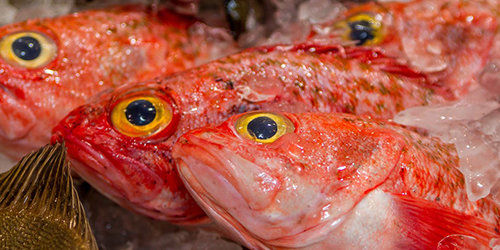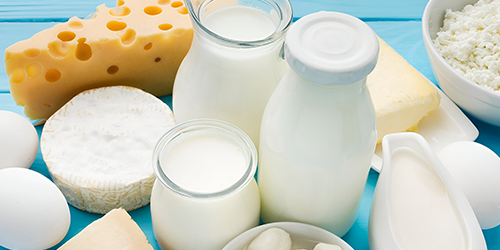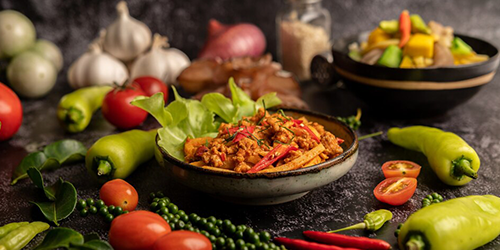


Introduction:
Breastfeeding is a beautiful and natural way to nourish your baby, providing them with essential nutrients and building a strong foundation for their growth. As a breastfeeding mother, what you eat directly influences your baby’s well-being. While a varied and balanced diet is crucial, there are certain foods that should be approached with caution. In this article, we’ll explore a comprehensive guide on foods to avoid while breastfeeding to ensure both you and your little one thrive during this precious time.
1. Caffeine in Moderation:

While moderate caffeine intake is generally considered safe during breastfeeding, excessive consumption can affect your baby’s sleep patterns and may lead to irritability. Keep an eye on your caffeine intake, including coffee, tea, and energy drinks, and consider consuming them in moderation.
2. Alcohol:

It’s well-established that alcohol passes into breast milk, and excessive alcohol consumption can harm your baby’s developing nervous system. If you choose to drink alcohol, it’s advisable to do so in moderation and plan breastfeeding sessions accordingly to minimize any potential impact.
3. Certain Fish with High Mercury Levels:

Just as during pregnancy, breastfeeding mothers should be mindful of fish with high mercury content. Limit the consumption of shark, swordfish, king mackerel, and tilefish, and choose low-mercury alternatives like salmon, trout, and sardines to promote optimal brain development for your baby.
4. Strongly Flavored Foods:

Some babies may be sensitive to strong flavors in breast milk, particularly garlic, onions, and certain spices. While these foods are generally safe in moderation, be attentive to your baby’s reactions. If you notice any signs of fussiness or discomfort, consider moderating your intake of strongly flavored foods.
5. Cow’s Milk and Dairy Products:

Some breastfed babies may be sensitive to cow’s milk and dairy products in their mother’s diet. If you observe signs of fussiness, gas, or colic in your baby, try eliminating dairy from your diet for a few weeks to assess whether it makes a difference.
6. Spicy Foods:

Spicy foods can sometimes cause gastrointestinal discomfort in breastfed babies. While enjoying a spicy meal occasionally is unlikely to cause harm, excessive consumption may lead to fussiness or digestive issues. Pay attention to your baby’s reactions and adjust your diet accordingly.
7. Allergenic Foods:

Certain foods, such as peanuts, tree nuts, shellfish, and eggs, have the potential to cause allergies. If there is a family history of allergies or if your baby shows signs of allergic reactions, consult with a healthcare professional and consider avoiding these allergenic foods.
Conclusion:
Breastfeeding is a unique and deeply bonding experience that contributes significantly to your baby’s health and development. While it’s important to maintain a well-rounded and nutritious diet, being mindful of certain foods can enhance the breastfeeding experience for both you and your little one. Listen to your body and observe your baby’s reactions to different foods, and always consult with your healthcare provider for personalized advice. By making informed choices, you can nourish your baby with the best possible start in life.

